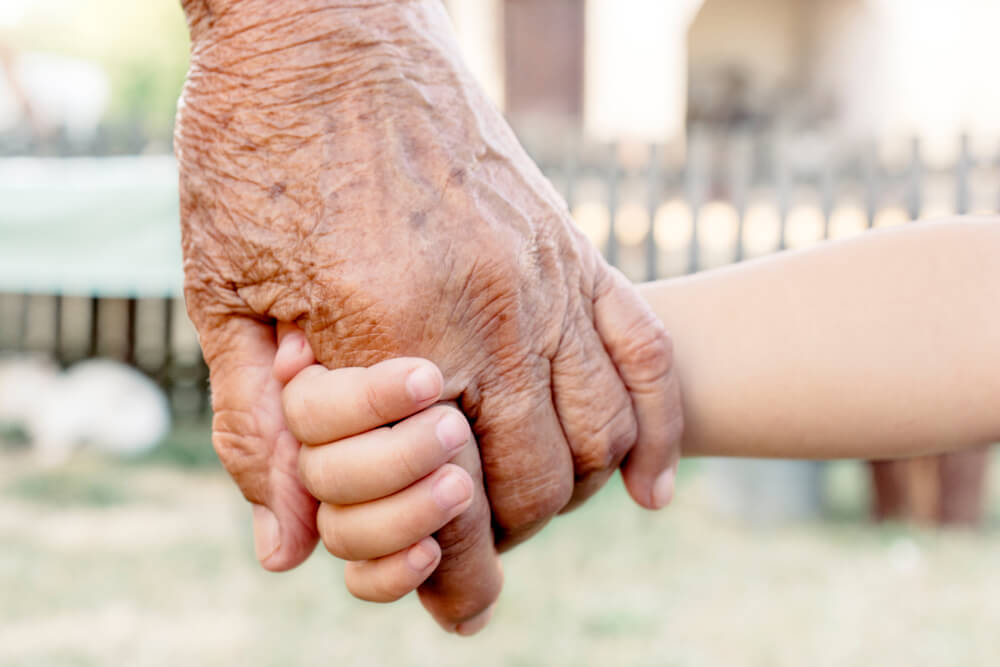These days we hear the woes of a global population that is increasing out of control, a planet that’s running out of space and resources, and a world that needs to drastically limit births in order to survive. But what if the opposite were true? Patrick Madrid explained recently how the catastrophe we are facing is not the need for population control, but the problem of population collapse.
The problem comes from an issue called global aging, says Madrid. “Because we live in a world that is more or less free from killer diseases, we’ve been able to manage those. We have vaccines; we have medical procedures, medicines, ways of overcoming those problems. As well as, largely, we don’t have any world wars going on and the workplaces are safer and we have good food and we have relative security when it comes to things that help us live longer, that translates into people are living longer. … Generally, in first world populations, the number of older people is getting bigger and bigger. … And then, you have another component to the issue and that is, because of things like abortion and contraception, it’s hard to really calculate on the basis of contraception what could have been, but fewer and fewer people are being born by comparison to the number of people that are growing older and living longer.”
Global aging greatly impacts our economy. A stable economy depends on having enough workers who are doing the jobs and paying taxes to keep the country going. These taxes are also necessary to take care of the elderly population that is no longer working.
“I like the idea of the state of the art of medicine helping people prolong their lives in a good way—in a healthy and happy way. So that’s a good thing. The not good thing, is that there are fewer and fewer people coming along to replace those that age out and retire, and work the system and pay the taxes, etc. etc. Because after all, that’s necessary to support the social contract—to support social security and these other things,” said Madrid.
 Countries run into problems when supporting their growing elderly populations becomes less and less affordable. When that happens, Patrick warns of the ways that countries make up for the deficit. First, the country revises the ‘social contract’, going back on their word to provide care for older citizens. Second, a growing lack of respect for aging populations emerges. Whereas cultures once held their older members in high esteem, we are now seeing them as a burden and an expense. As a result, there is a growing acceptance for euthanasia in developed nations where global aging is more prevalent.
Countries run into problems when supporting their growing elderly populations becomes less and less affordable. When that happens, Patrick warns of the ways that countries make up for the deficit. First, the country revises the ‘social contract’, going back on their word to provide care for older citizens. Second, a growing lack of respect for aging populations emerges. Whereas cultures once held their older members in high esteem, we are now seeing them as a burden and an expense. As a result, there is a growing acceptance for euthanasia in developed nations where global aging is more prevalent.
“The whole idea of suicide was very repulsive,” said Madrid. “Now, not so much. Now it’s becoming more and more seen, by many in our society, as a kind of noble way to end your life.” He predicts that this may evolve from approval into government-encouraged or forced euthanasia.
Bottom line: our country needs more children and more respect for the unborn and elderly in order to avoid the horrors that will arrive with a “population implosion.”
To hear more from Patrick about this topic, listen here:


